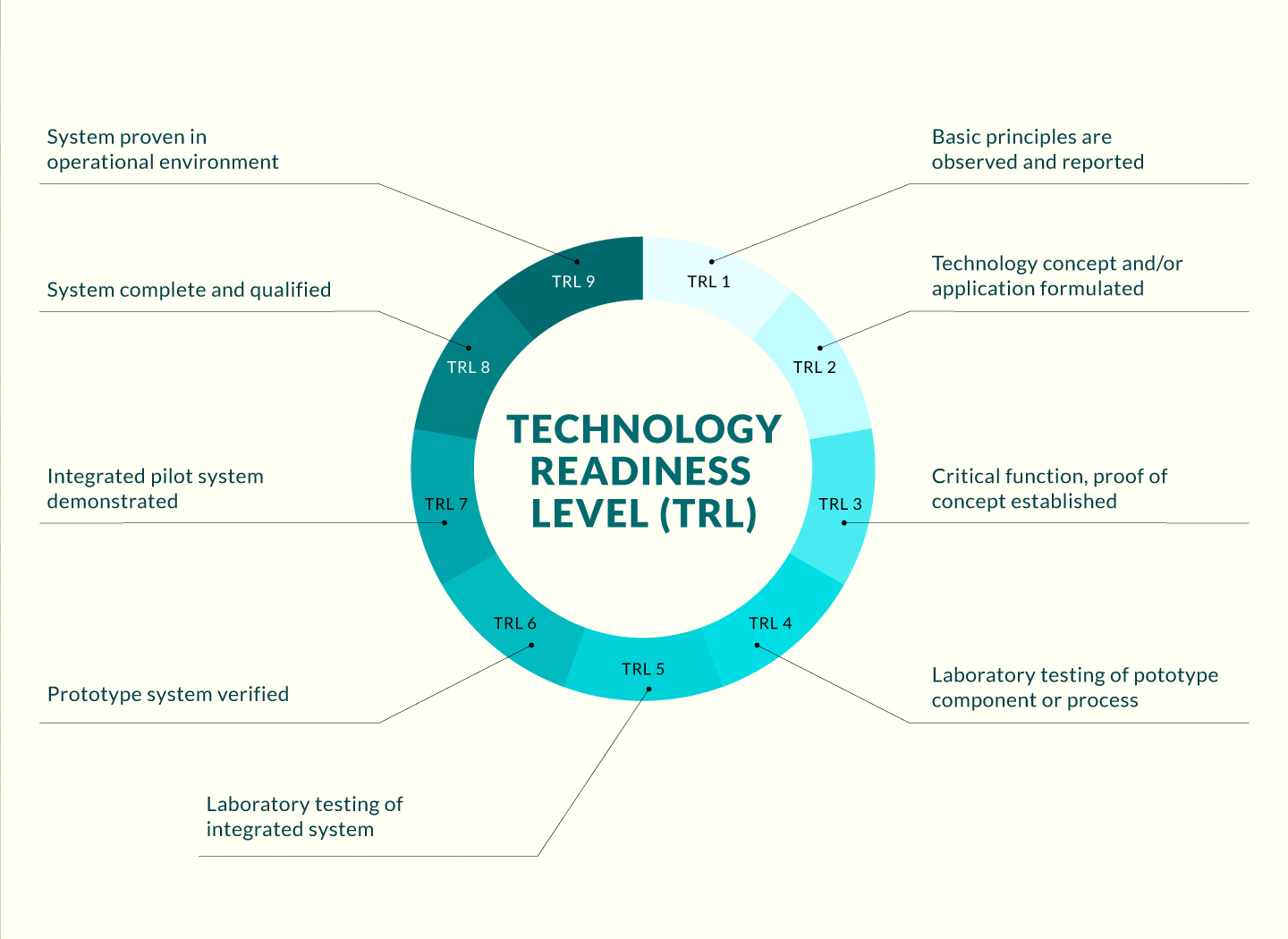
Opportunity
The building sector is responsible for 20% to 40 % of the total energy use, and space cooling or heating are among the biggest energy consumers. Therefore, advancements in cooling or heating technologies play an important role in high-efficiency buildings and low-carbon cities.
Heat pumps, including electrically-driven compression cycles and thermally-driven absorption cycles, are widely used for cooling and heating. Although the electrically-driven compression heat pumps are popular due to high efficiencies, the thermally-driven absorption heat pumps have advantageous in solar energy utilisation. However, the absorption heat pumps suffer from some major problems: (1) The intermittence of solar energy requires an auxiliary energy system (e.g., gas boiler or electric heat pump), which degrades the energy saving and increases the investment; (2) The dense urban buildings limit the solar installation space, which leads to low applicability of solar cooling/heating.
As an alternative to thermally-driven absorption heat pump, this invention proposes a novel solar-powered flexible hybrid-energy heat pump. This technology provides a novel technology towards energy-efficient, cost-effective, and compact solar cooling/heating.
Technology
The technology transforms from an individual thermally-driven absorption heat pump to an individual electrically-driven compression heat pump, with many hybrid cycles of different absorption-to-compression ratios in between.
This high flexibility enables the hybrid-energy heat pump to accommodate the time-varying solar radiation, ambient temperature, and building load. Moreover, the integration of refrigerant injection or refrigerant release can reduce the required driving source temperature, which can further increase the solar energy efficiency.
It can make use of lower-temperature heat sources that otherwise could not be used or had to be used with lower efficiencies. The short-term benefits include energy saving, cost reduction, emission mitigation, while the long-term benefits include low-carbon cities and environmentally-friendly societies.
Advantages
- Steady supply of hot water regardless of solar radiation
- Energy Efficient enhancement by utilizing lower-temperature renewable/waste energy
- Cost Effective
Applications
- Utilize solar energy to provide cooling, heating, and dehumidification for built environment
- System able to be driven by waste heat from exhaust flue gas or geothermal energy




